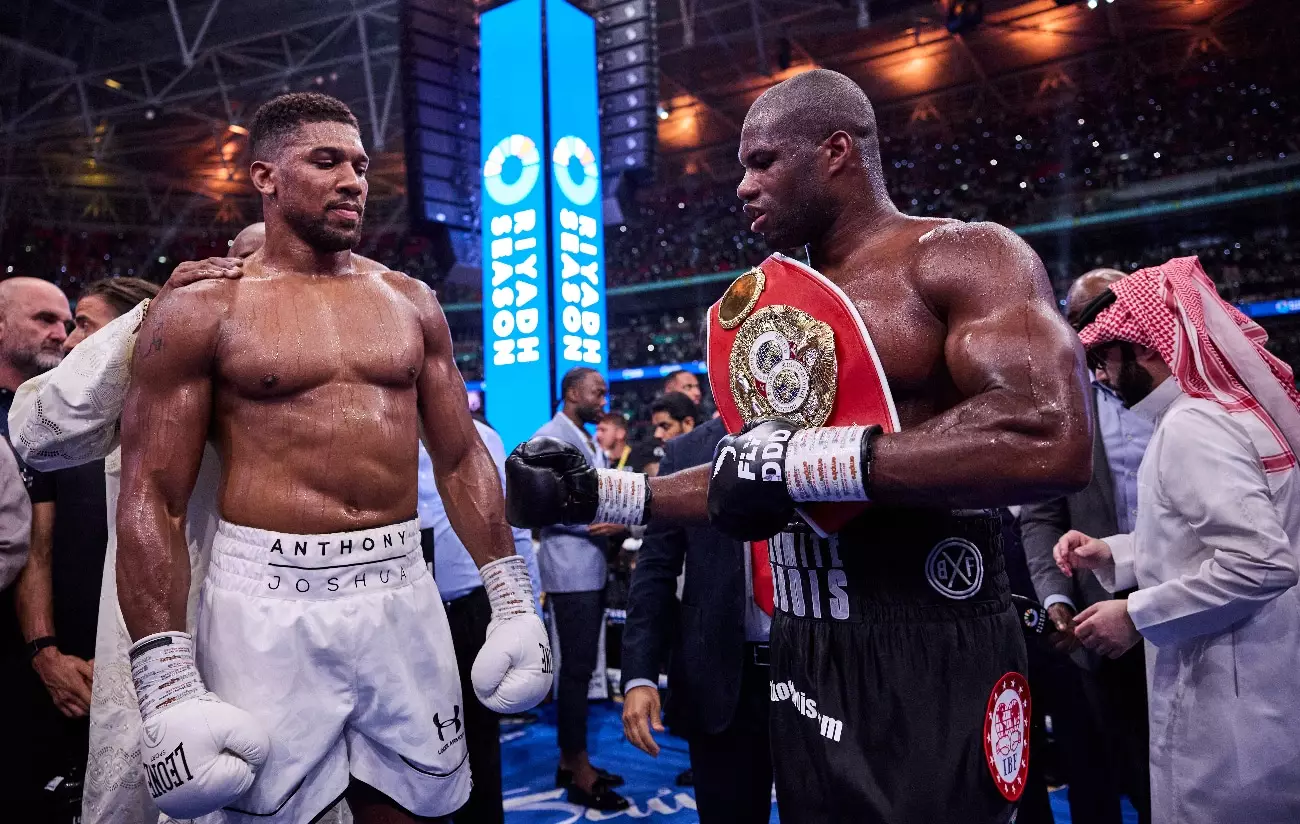Anthony Joshua, the former two-time heavyweight champion, recently faced a significant setback in his career with a knockout loss to Daniel Dubois. Ending in the fifth round at Wembley Stadium, this defeat raised questions about Joshua’s future in the boxing ring. However, rather than signaling a premature end to his illustrious journey, Joshua remains optimistic and determined to reclaim his position among the sport’s elite. In a heartfelt declaration made through social media, he affirmed his desire to continue striving towards the ultimate goal of becoming a three-time heavyweight champion.
Joshua’s current record stands at 28 wins and 4 losses, with an impressive 25 knockouts. His confidence in his ability to bounce back is evident in his reflections on the fight, where he attributes the loss partly to his aggressive strategy, pushing for a knockout too soon. This moment of vulnerability is a reminder that even the strongest athletes are subject to the volatility of their sport—a reality that can either serve as a catalyst for growth or lead to an athlete’s decline.
The Path Forward: Rematch or New Challenges?
With the boxing community abuzz about Joshua’s next move, speculation centers around whether he will activate a rematch clause to confront Dubois again. A decision that carries substantial implications, activating this clause would not only allow him the chance to rectify his earlier mistakes but also restore some faith among fans and critics alike. Yet, the prospect of facing Tyson Fury looms large. With Fury set to clash with Oleksandr Usyk in a key rematch, the stage is set for a potential bout between the two British heavyweights. Prominent figures, including Turki Alalshikh, have openly expressed enthusiasm for this matchup regardless of the outcome of Fury’s upcoming fight.
While a clash with Fury has the allure of significant financial gains, it raises questions about transparency in Joshua’s motivations. Would he choose a lucrative opportunity over the chance to redeem himself against Dubois? The reality that Joshua is approaching the age of 34 adds urgency to his decision-making process. Competing against a formidable opponent like Fury without avenging the Dubois face-off carries risks. A second defeat would tarnish his reputation and diminish the stakes of a fight that British fans have long anticipated.
A Balancing Act: Legacy vs. Opportunity
Joshua’s dilemma is emblematic of the wider challenges athletes face in navigating their careers after a defeat. The contrast between the immediate payout of a high-profile fight and the long-term benefits of sustaining a positive legacy is a balancing act many fighters grapple with. For Joshua, the choice of how to proceed—whether to seek redemption against Dubois or seize the enticing financial implications of a Fury match—will define his career trajectory going forward.
Anthony Joshua embodies resilience and the indomitable spirit of a fighter. Acknowledging his setbacks and remaining committed to his sport, he illustrates a lesson for many: a defeat does not constitute the end. Instead, it serves as an opportunity for growth, reflection, and, ultimately, reinvention. As Joshua stands at this crossroads, the boxing world will undoubtedly watch with bated breath to see which path he chooses and how that decision impacts his storied career.

